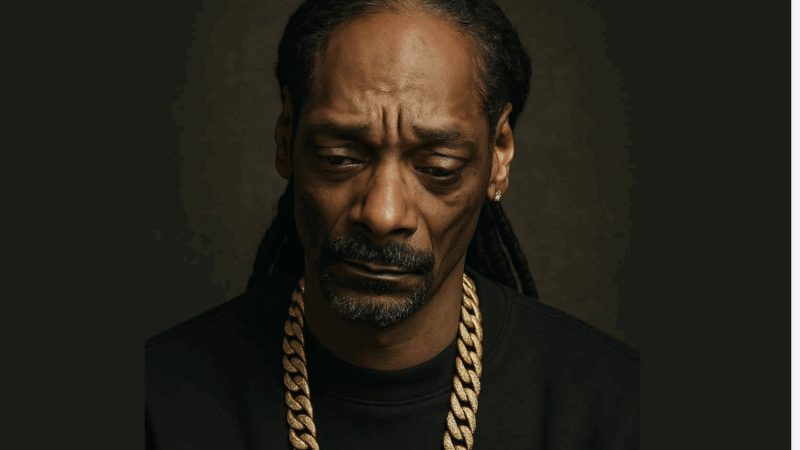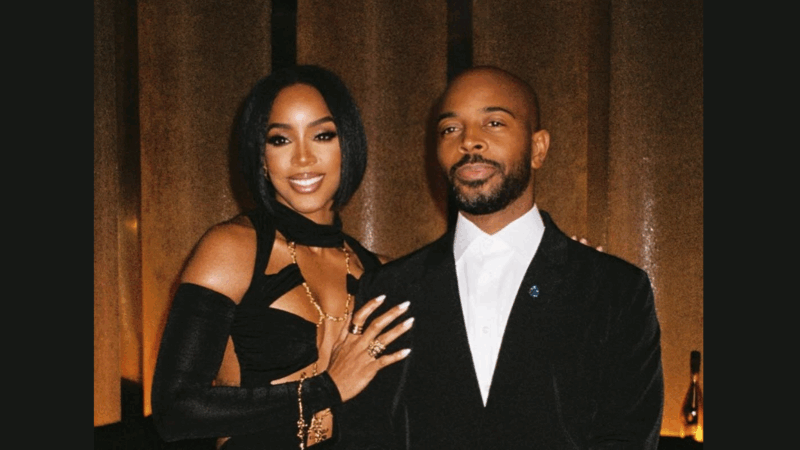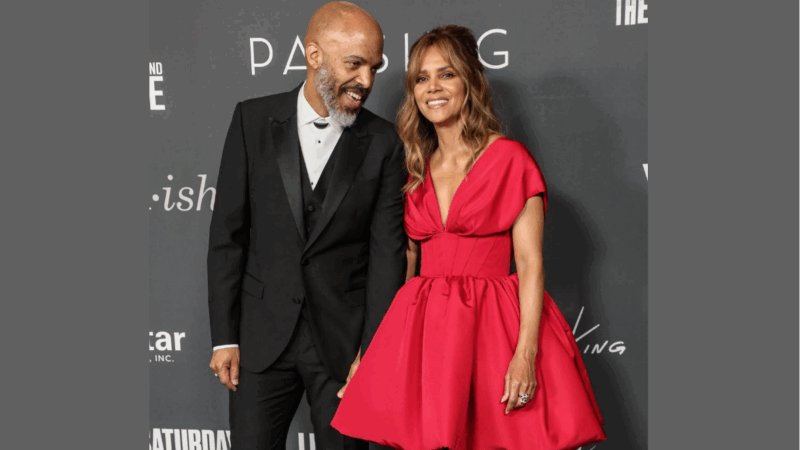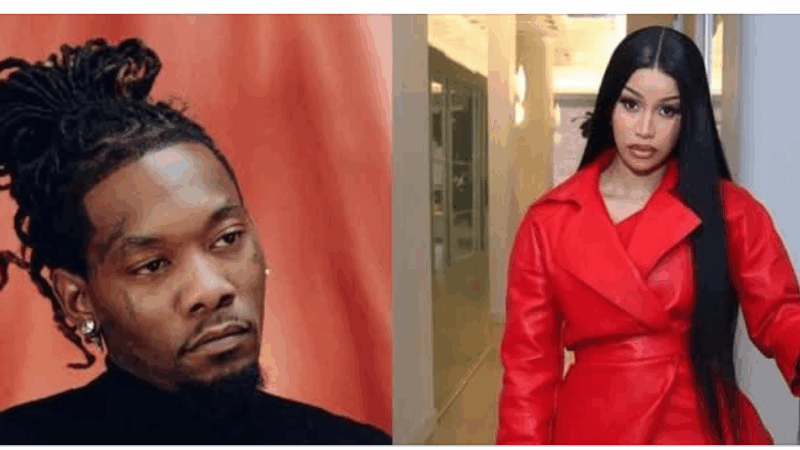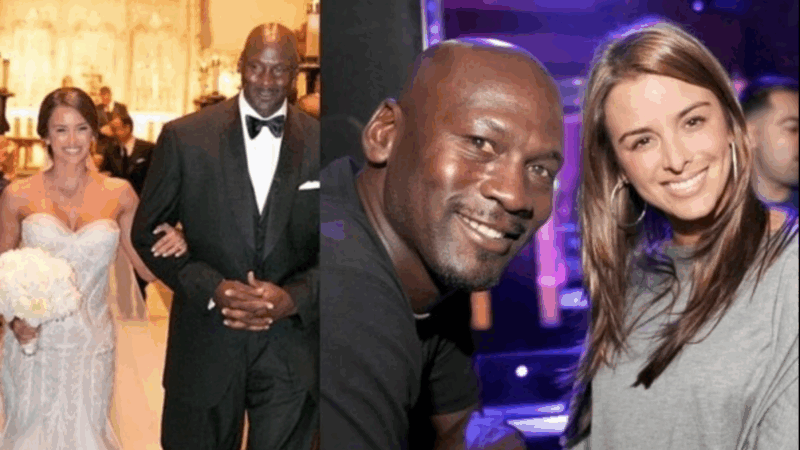“Free R. Kelly: A Cry for Justice, Redemption, and the Soul of a Legacy”
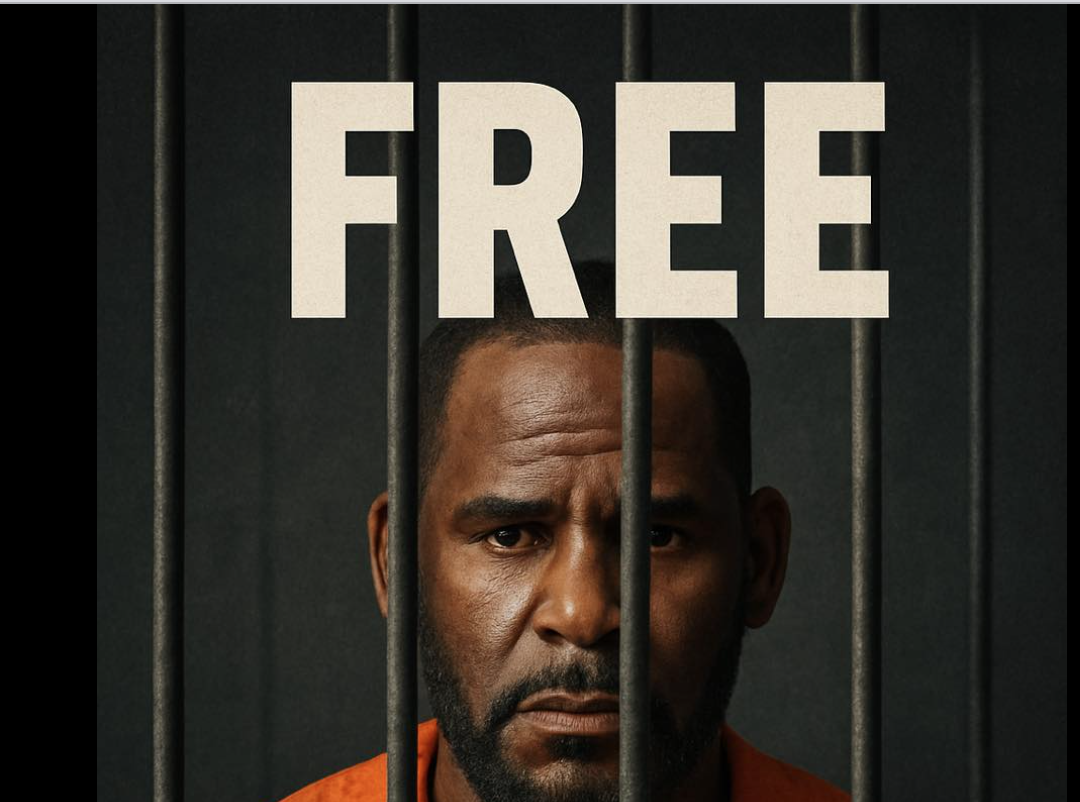
Free R. Kelly — More Than a Chant, a Movement..

“Free R. Kelly” — three controversial yet powerful words that have echoed beyond the walls of jail cells, reverberating through concert halls, social media platforms, and whispered in the corners of barbershops and living rooms alike. For supporters, this phrase is far more than a plea for liberation; it’s a statement of protest, a battle cry against what they perceive as a failed justice system and a public execution of a once-revered musical icon.
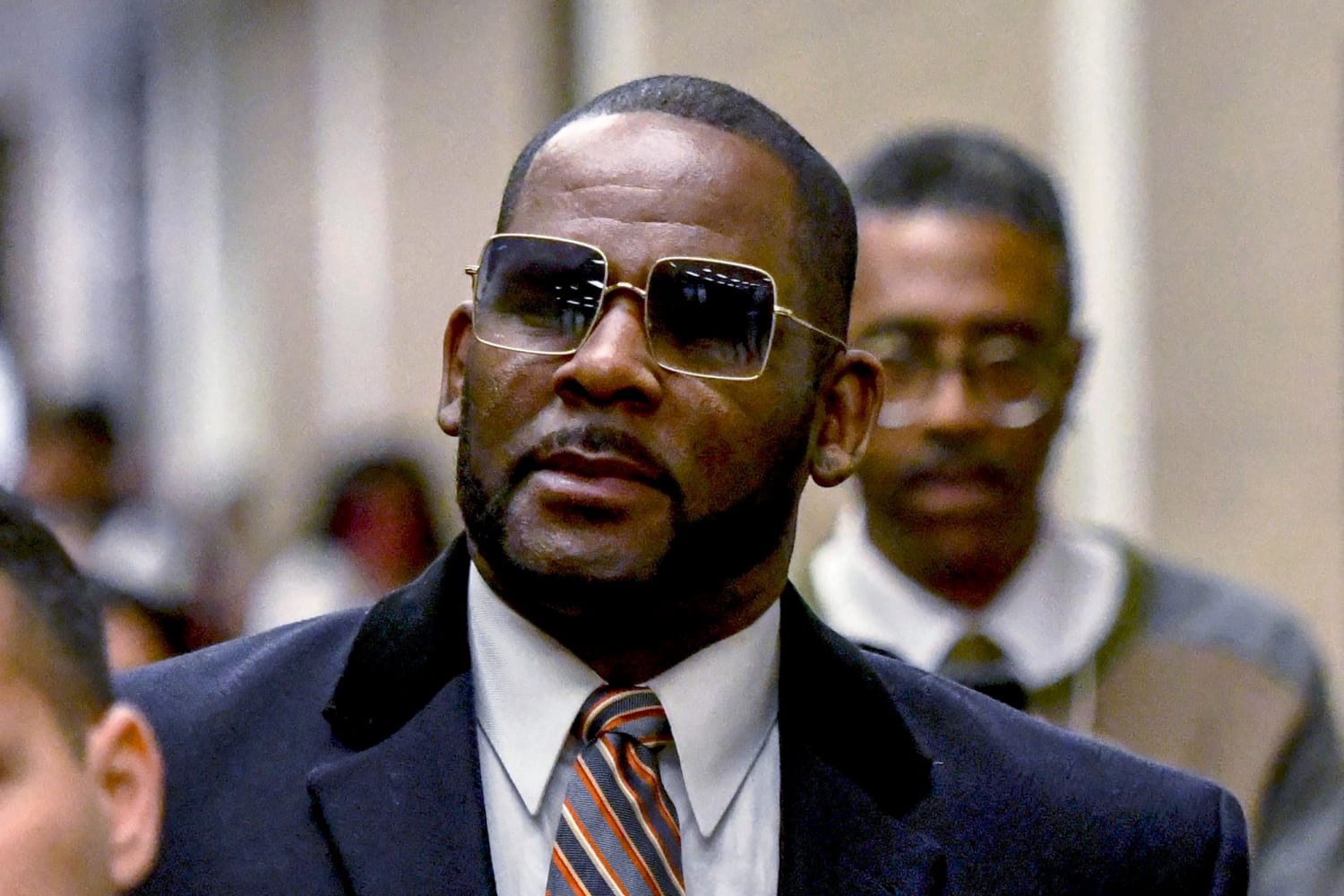
Robert Sylvester Kelly, better known as R. Kelly, isn’t just another artist. He is a pivotal architect of modern R&B — a Grammy-winning singer, songwriter, and producer who carved out anthems that defined love, heartbreak, and celebration for generations. From I Believe I Can Fly to Ignition (Remix), his catalog spans cultural milestones and personal memories, making his fall from grace all the more complex and painful for many who grew up on his music.
Supporters of the “Free R. Kelly” movement argue that he’s become a scapegoat in a system that inconsistently punishes Black men, particularly those in the spotlight. They question the integrity of the media coverage, the motivations of his accusers, and the fairness of the trial process. For them, it’s not just about freeing a man, but about highlighting systemic flaws — inconsistencies in due process, public bias, and the weaponization of cancel culture.

This movement doesn’t dismiss the gravity of the allegations; rather, it seeks to ensure that justice is truly just — balanced, unbiased, and not dictated by social media outrage. It’s about giving space for rehabilitation, recognizing the nuance of fame, trauma, and the pressures that come with being a public figure under constant scrutiny.
In the eyes of his fans, R. Kelly is not a lost cause, but a man who deserves the opportunity to reconcile, rebuild, and possibly return — not just to the stage, but to a society that once celebrated his genius.
“Free R. Kelly” is thus more than a slogan. It’s a mirror held up to society — challenging us to ask: how do we balance accountability with mercy, condemnation with compassion, and justice with truth?
